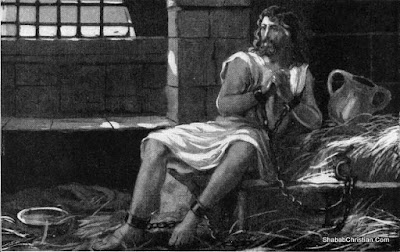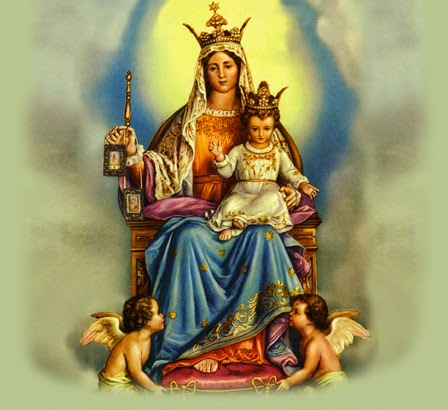St. Rose of Lima, Virgin
From the writings of St. Rose of Lima
Let us know the love of Christ which surpasses all knowledge
Our Lord and Saviour lifted up his voice and said with
incomparable majesty: “Let all men know what grace comes after tribulation. Let them know that without the burden of
afflictions it is impossible to reach the height of grace. Let them know that the gifts of grace
increase as the struggles increase. Let
men take care not to stray and be deceived.
This is the only true stairway to paradise, without the cross they can
find no road to climb to heaven.
When I heard these words, a strong force came upon me and
seemed to place me in the middle of a street, so that I might say in a loud
voice to people of every age, sex and status: “Hear, O people; hear, O
nations. I am warning you about the
commandment of Christ by using words that came from his own lips:
We cannot
obtain grace unless we suffer afflictions.
We must heap trouble upon trouble to attain
a deep participation in the
divine nature,
the glory of the sons of God and perfect happiness of soul.”
That same force urged me to proclaim the beauty of divine
grace. It pressed me so that my breath
came slow and forced me to sweat and pant.
I felt as if my soul could no longer be kept in the prison of the body,
but that it had burst its chains and was free and alone and was going very
swiftly through the whole world saying:
“If only mortals would learn how great
it is to possess divine grace,
how beautiful, how noble, how precious.
How many riches it hides within itself,
how
many joys and delights!
Without doubt
they would devote all their care and concern to winning for themselves pains
and afflictions. All men throughout the
world would seek trouble, infirmities and torments, instead of good fortune, in
order to attain the unfathomable treasure of grace. This is the reward and the final gain of
patience. No one would complain about
his cross or about troubles that may happen to him, if he would come to know
the scales on which they are weighed when they are distributed to men.”









